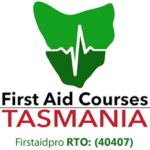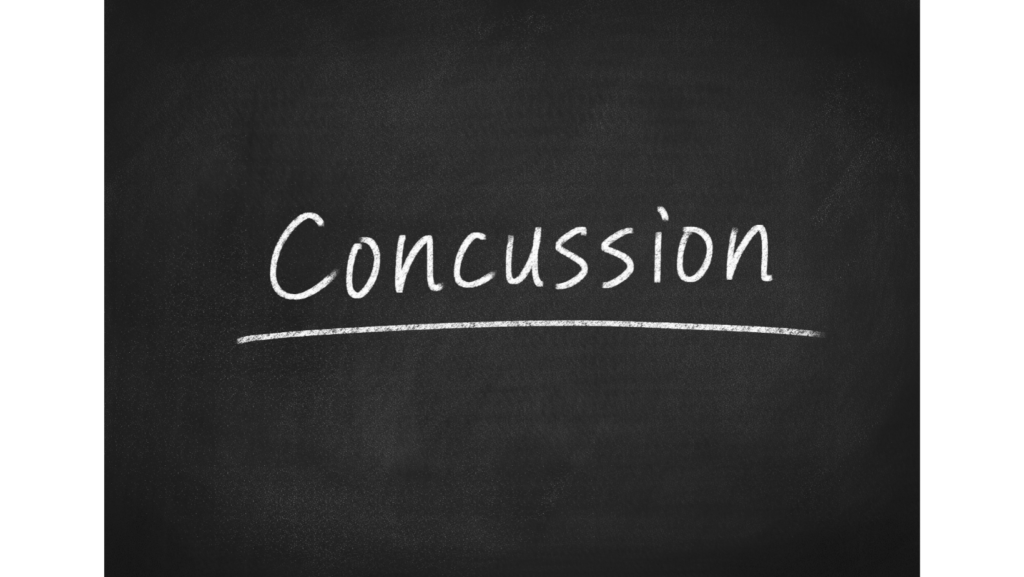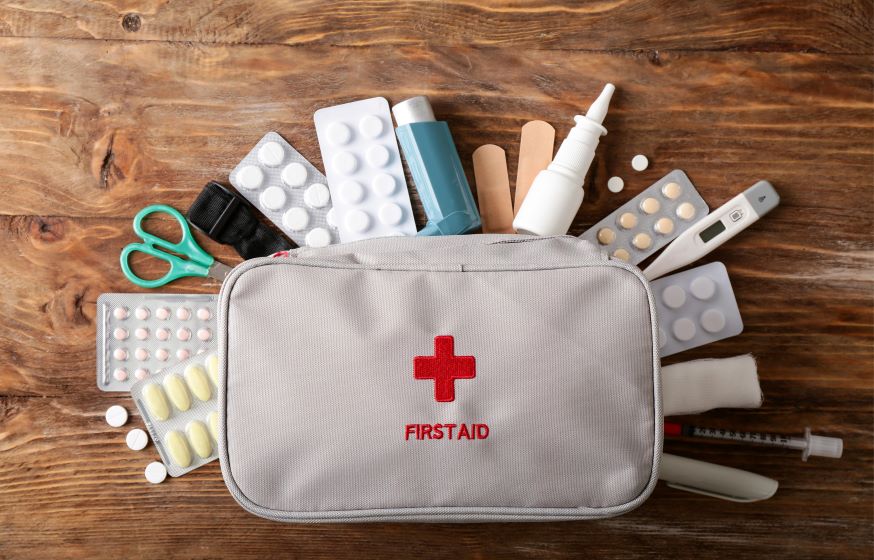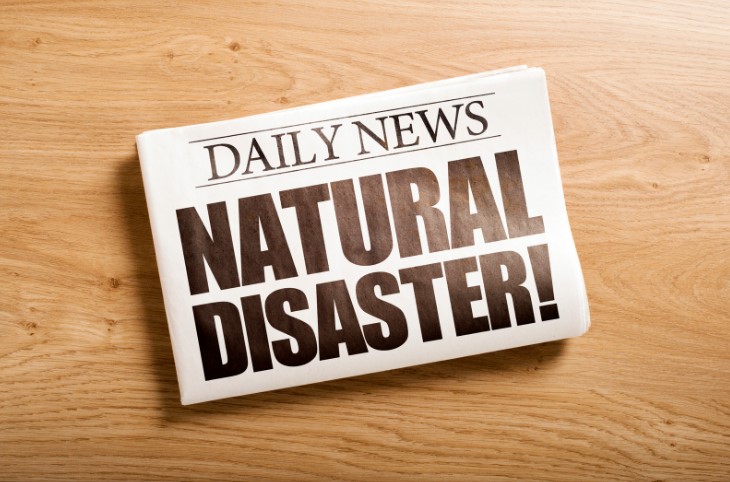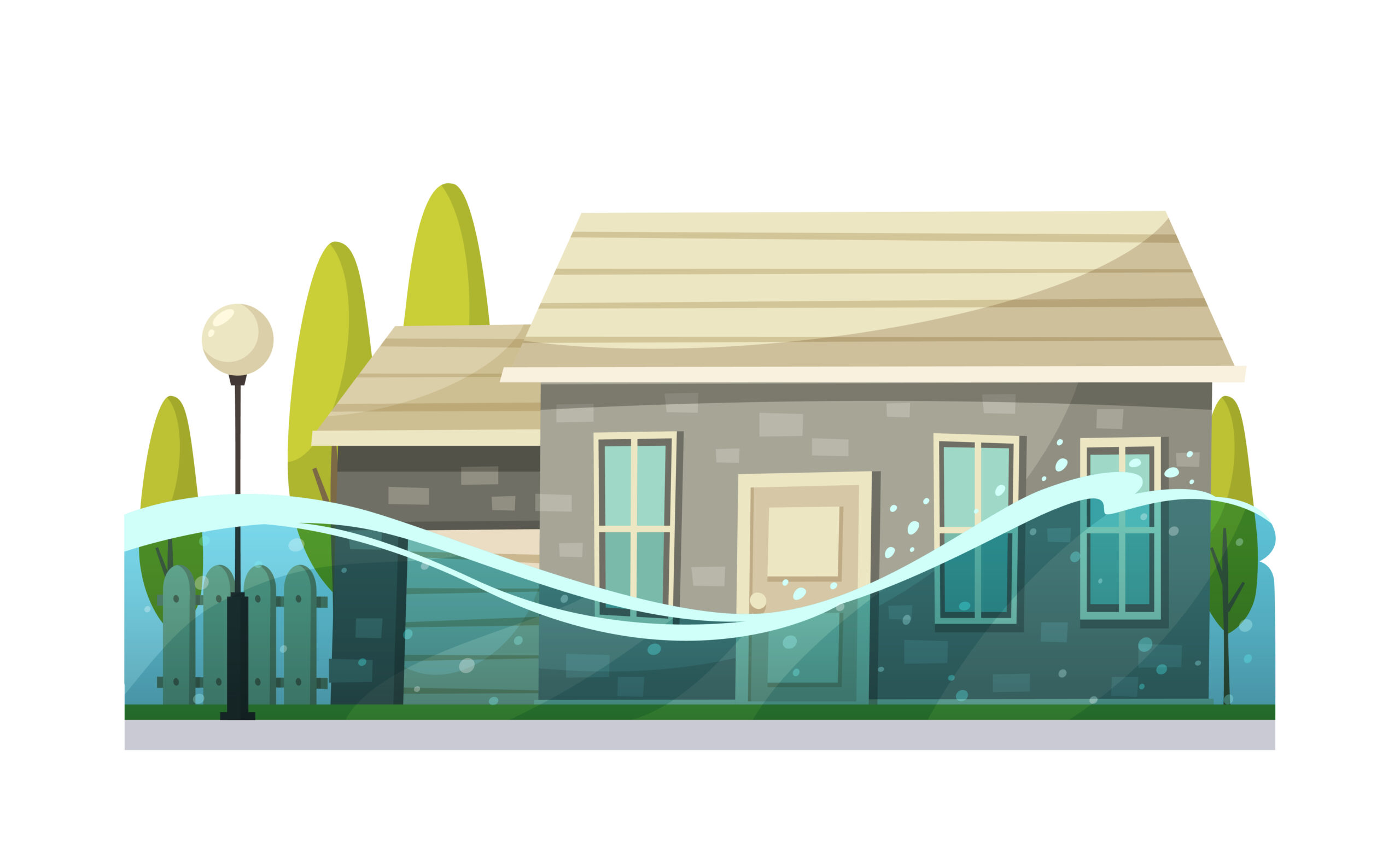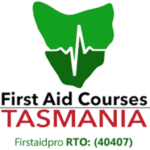A child’s developing brain is at higher risk of damage than that of an adult. When head injuries occur, parents and guardians need to know the warning signs of concussion in children.
What Is Concussion?
A concussion is a type of traumatic brain injury (TBI) that can cause temporary changes in how the brain works.
According to the Royal Australian College of General Practitioners (RAGCP), one in five children will experience a concussion before ten years old. Falls and activities relating to sports are the common causes of this injury.
A concussion can occur when a child experiences a bike crash or a fall on the playground. Anything that can cause any solid hit to the head, neck, face, or body can result in this condition. It can also occur when wearing a facemask or other protective gear, as a blow can still cause the head to violently jerk forward or backward.
Signs And Symptoms

Common signs and symptoms of concussion include:
- Slower than usual responses
- Headaches
- Changes in sleep habits (sleeping more or less)
- Unusual attitude or behaviour
- Dizziness
- Fatigue
- Trouble in focusing, remembering, or paying attention
- Changes in eating habits
- Persistent crying or extreme irritability
The above signs might indicate mild concussion, and may only require basic first aid. However, the following symptoms indicate far more serious concussion, and a child displaying any of these will require immediate emergency care.
- Problems with balance or coordination
- Excessive vomiting
- Slurred speech
- Seizures or convulsions
- Loss of consciousness for more than one minute
- Uneven pupils
While a minor blow to the head may not always require professional medical care, in some cases the child may need more significant treatment. If symptoms become worse, it is best to get to a doctor or head to the nearest ED for assessment ASAP.
No matter what, if a child suffers from symptoms of concussion, you will need to get them assessed by a doctor or other medical professional. While many concussions have no lasting ill effects, some can have very serious effects that can be very hard to detect. It’s always best to get the all-clear from an expert following a head injury.
Treatment
Concussions can show themselves in a variety of ways, and symptoms can differ greatly from case to case. The treatment will depend on the child’s condition and its effects.
Worse headaches, seizures, convulsions, loss of consciousness, drowsiness or inability to wake up, and other symptoms indicate a severe injury, and you should call 000 or take the child to the ER immediately.
For concussions that do not require hospitalizations, your doctor will give you instructions for home care.
Home care treatment for concussions may include:
- Physical Rest
Avoid doing any physical activities such as sports until the child is fully recovered. Encourage them to slow down and only do the basic day-to-day tasks. Doing so reduces the brain’s stress and lessens the chance of re-injuring the head.
- Mental Rest
Avoid doing any strenuous mental activities that could make symptoms worse. This could include playing computer games, using a mobile phone or other device, solving math problems, reading, and watching television.
- Eat Healthily
Eat healthy and nutritious food and avoid caffeinated drinks.
- Avoid Bright Lights, Loud Noises
A child with a concussion injury should avoid exposure to bright light and loud noises, which can worsen symptoms. It is best to stay in a dark, quiet room during the healing process.
Depending on the recovery, a healthy child will usually return to normal activities within a few days or a few weeks. The doctor will monitor their condition closely to ensure the healing is going well. There are also instances where the child may need to take over-the-counter medications such as acetaminophen, ibuprofen, or other aspirin-free medicines to relieve headaches.
Conclusion
Most concussion cases occur in small children ages 5 to 10 years old, with the two most common causes of sports and falling accidents. For adults, motor vehicle accidents are a huge factor that contributes to this injury.
To learn more about the symptoms and treatment of concussion, enrol in a First Aid Course. You’ll be better equipped to recognise the warning signs of concussion – in adults and children – and how to effectively provide care for someone suffering from it.
